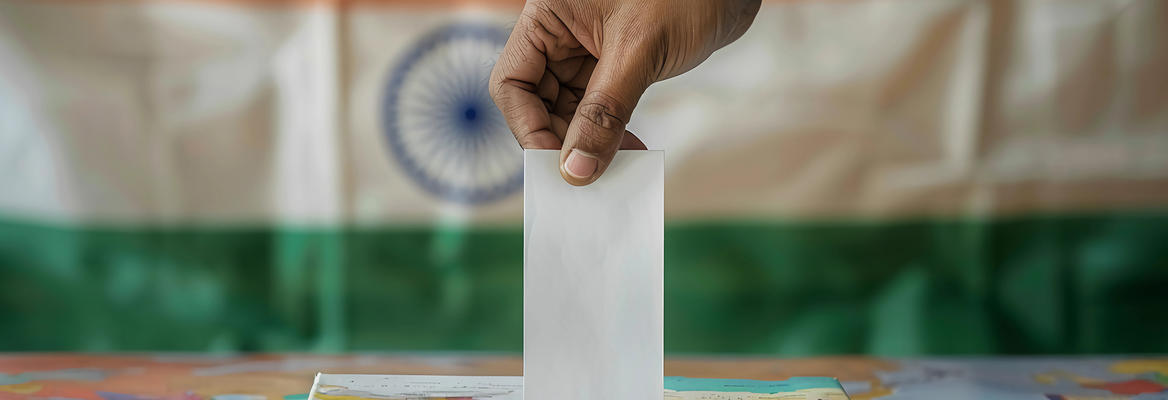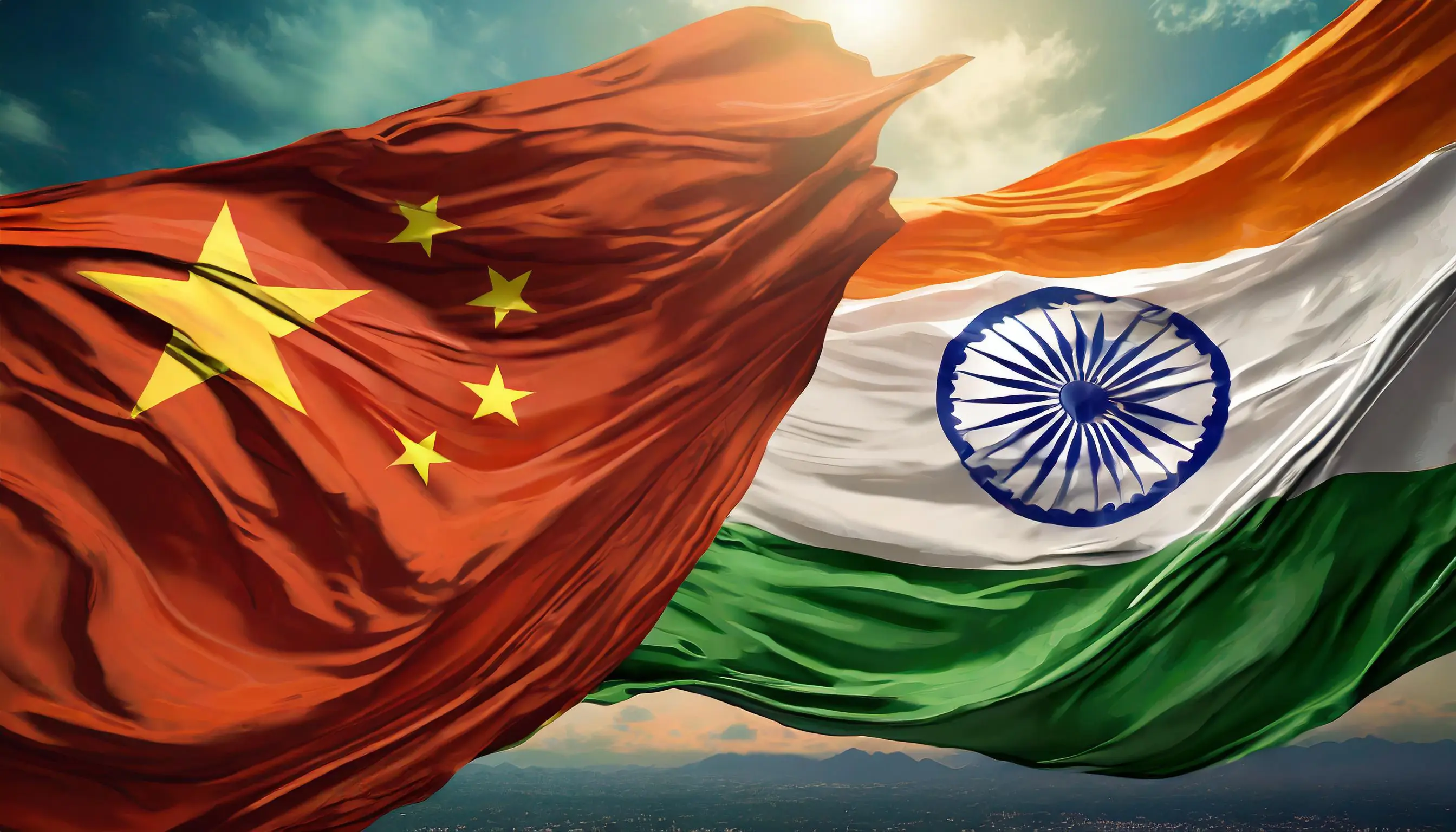Since Indian independence, the country’s politics have been marked by a struggle between a politics of self-interest and a politics driven by a disinterested vision of the good society. For Faisal Devji the 2024 election results mark a return to the latter, after the dominance of the former under BJP rule.
The philosopher Hannah Arendt described any politics dedicated only to securing access to food, shelter, employment or other bodily needs as an animal politics. If it was not to degenerate into a quest to maximise material interests, she argued, politics had to offer a disinterested vision of the good society. Such a political vision is not just a luxury for wealthy societies but crucial for poor ones as well, since it is the only way in which citizens can imagine sharing a community with one another that is based on something more than necessity. Anything else, such as the rule of self-interest resulting in a beggar thy neighbour politics, produces social discord and democratic backsliding. This is arguably the situation that today faces countries like the US and Britain, in whose neoliberal economies private interests trump public goods.
SUGGESTED VIEWING China and India: The future of the next century With Bhavna Dave, Cindy Yu
As with many other poor countries emerging from colonial rule, India established a political tradition that was based both on meeting the basic necessities of bodily existence as well as on a set of disinterested ideals. For the first few decades of her independence, these latter ideals were said to comprise secularism and socialism. The fact that these terms were only inserted into India’s constitution in the 1970s, at a moment of democratic backsliding under Indira Gandhi, shows up both the cynicism of their use as well as the necessity of such ideals in legitimizing political authority. But by the 1990s the Congress government had lost credibility, its liberalization of the economy creating an aspirational new middle class with self-interest as its motto and Hindu nationalism as its vision of a good society.
___
Like many of his peers in other parts of the world, the prime minister came to embody the promise of a good society in his own person.
___
Taking stock of the new social hierarchies created by liberalization, the BJP quickly gained power and popularity by proposing Hindutva as a new collective identity at least for the majority of Indians. Apart from excluding religious minorities seen to have been historically responsible for the downfall of Hindu civilization and acting as drag on its renaissance into the present, this collective identity also promised to include the poor, low castes and tribal peoples who had hitherto been marginal to Indian politics. They were now to be integrated as Hindu society’s first line of defence against Muslims and Christians. From the 1990s, however, until Mr. Modi swept to power as the prime minister of a BJP government in 2014, Indian politics was dominated by large coalitions led by one or the other of the country’s two national parties.






















Join the conversation